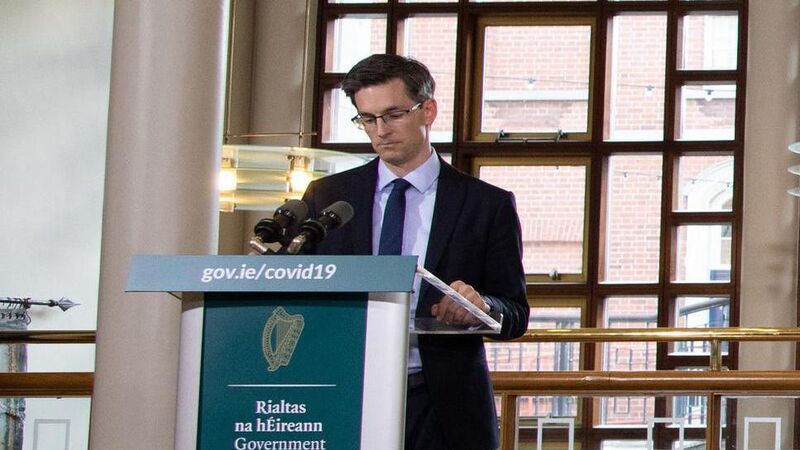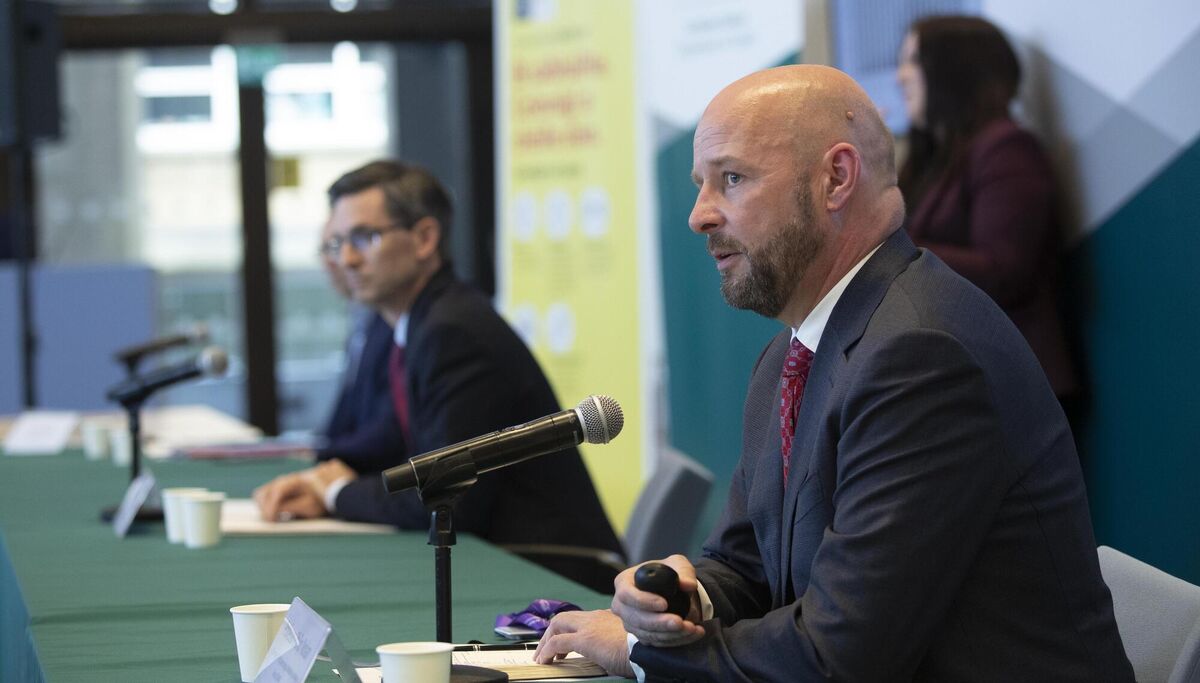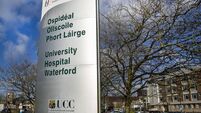HSE warns hospitals wouldn't cope with second Covid-19 wave during flu season

The HSE is warning hospital services would not be able to cope if there is a second wave of Covid-19 during the winter flu season.
Chief clinical officer, Dr Colm Henry, said the combination would be a disaster.
"I wouldn't like to envisage what would happen if we had uncontrolled community transmission in the context of a winter with influenza and other indiscriminate respiratory illness," he said.
"Suffice to say, I can't see any health care service managing that scenario, I can't put it more starkly than that.
"That would translate to impact on hospitals, critical care units and loss of life."
The National Public Health Emergency Team yesterday warned that Ireland is in a 'precarious position' in relation to Covid-19.
Twenty-one further cases of the virus have been confirmed, bringing the total to 25,698, while the death toll now stands at 1,749 after another death was recorded.
Public health officials say the cases which will be reported over the next week across the country have already "been seeded".
Acting Chief Medical Officer Ronan Glynn says the next week is unclear.
"I think we are in a precarious position. We're also in an uncertain position," he said.
"We can see that we may be going in the wrong direction. We want to take the opportunity to take action now while we can to pause and to ensure we don't end up in a situation in a couple of weeks time where we have 150-160 cases."
Meanwhile, the chairman of the Epidemiological Advisory Group says travel-related Covid-19 case numbers remain very low.
It follows concern over reports of tourists arriving into Ireland from countries with high infection rates and not quarantining.

Professor Philip Nolan says just 20% of cases relate to travel.
"Fewer than 10% of cases are imported cases, in other words, they're due to travel into the country, but if a case travels into the country it has the potential to infect other people," he said.
"So about one in five cases are travel-related, in other words either imported or infected by somebody who travelled into the country."





